7 Ways To Tell If Your Golf Coach Is Right For You
Coaches can be an invaluable part of your progression in golf. Here are some tips to ensure you select the right one

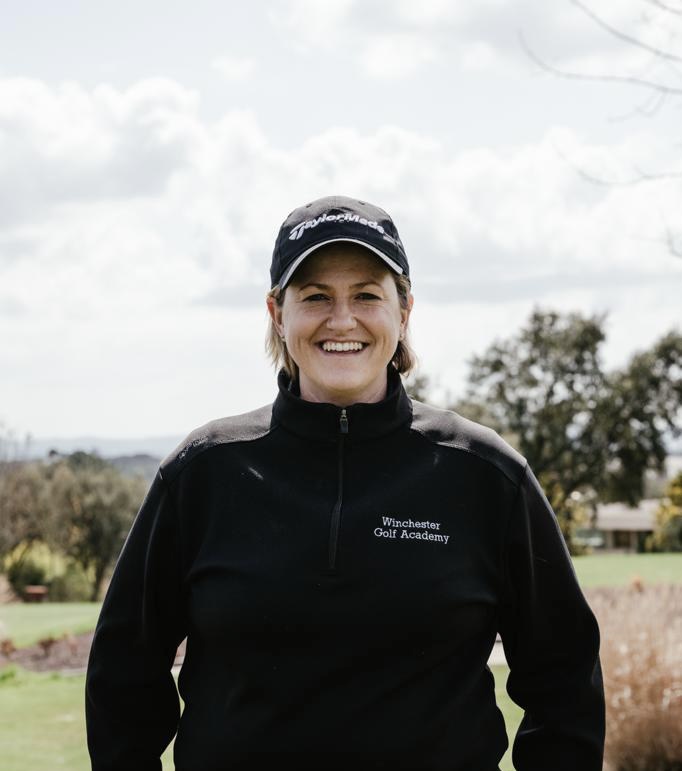
Tiger and Haney, Korda and Whelan, Faldo and Leadbetter. Golf coaches of players that achieve success rise to stardom in their own right and often become household names. As a coach myself I believe their fame is well deserved, I can only imagine the pressures related to making one wrong tweak to the best golf swings in the world.
Yet what of the mere mortals who are not competing for a living but would like to lower their handicap, stop coming over the top, or just hit that ball a bit further like their friends.
They must turn to the real heroes of the golf industry, the humble PGA pro, who can be found at your local golf venue today! Day in and day out they help every level of golfer with every type of issue that can possibly arise from trying to get that small ball in the hole. Finding the right coach for you and your game though…therein lies the rub.
The vast majority of golf coaches are in the industry for the right reasons, they love people, they love golf, and they love helping people to improve. Some however, will not be so good, and no profession is above freedom from critique.
So much of finding the right coach is about finding someone who suits your learning style. I often compare this search to finding the right hairdresser. Let me help you avoid investing too much time or money on the wrong coach and highlight some of the traits and attributes to look for that suggest you are in a partnership that can help you achieve your goals.
They Greet You Properly
So simple and so important. Being greeted properly will set the tone for your lesson and shows that the coach values you as a client and your time. Don’t get me wrong, as a pro at a driving range I can often find myself with quick turn arounds between lessons, but I will always greet whoever I am teaching with a warm welcome and a smile. If my client is running late, I will get them a tea or coffee to catch their breath and ease into things before starting.
If you enter your lesson and are made to feel you are rushed or an interruption to that pro’s day, that is a clear sign that they would rather be elsewhere and are not invested in your lesson with them.
Get the Golf Monthly Newsletter
Subscribe to the Golf Monthly newsletter to stay up to date with all the latest tour news, equipment news, reviews, head-to-heads and buyer’s guides from our team of experienced experts.
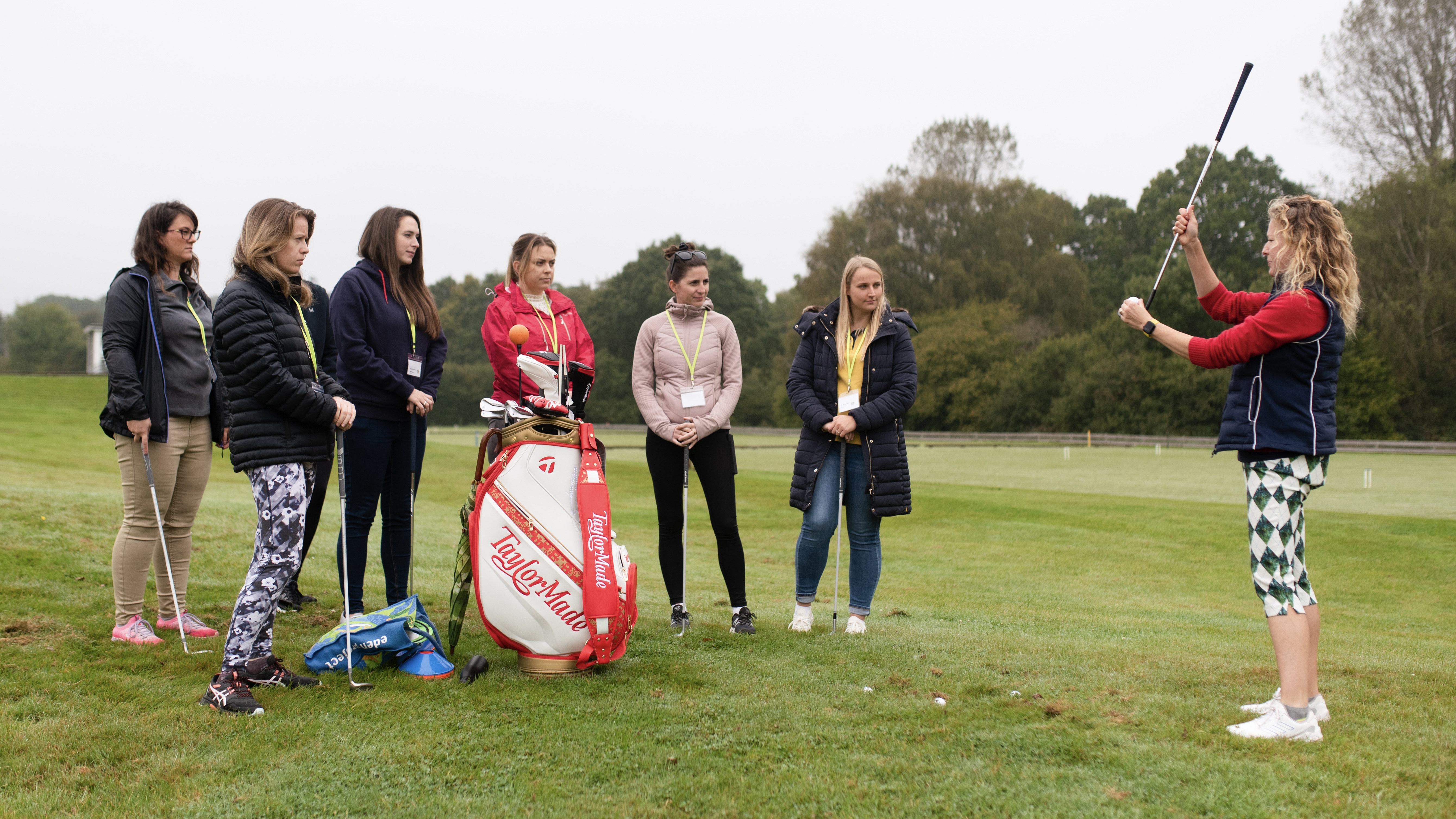
They Listen
If your coach doesn’t listen to what you want to achieve or how you are progressing, they won’t be able to relate to you, tailor the lesson, develop trust and most importantly build a meaningful coach/player partnership.
Yes, coaches are knowledgeable and often experts in certain coaching techniques, but if they are dismissive of what your goals are, or conduct themselves in a way that exudes an ‘I know best attitude’ it’s a one-way track to bad feeling.
They Compromise
Compromise is essential for developing any great partnership. Making changes to a swing and technique is hard and takes perseverance and time. Years of trial and error as a coach has taught me that compromise is key when coaching any individual. The swings on tour couldn’t demonstrate any more how players have worked with their coaches to find their own individual swings.
So, if you have quirks in your swing that you want to keep and work with, tell your coach. A good coach will give you the opportunity and space to try new things but will listen to your feedback if you think you will be able adopt the suggested swing changes. Knowing you will be listened to will make you more trusting to try new things, it’s a win for both parties.
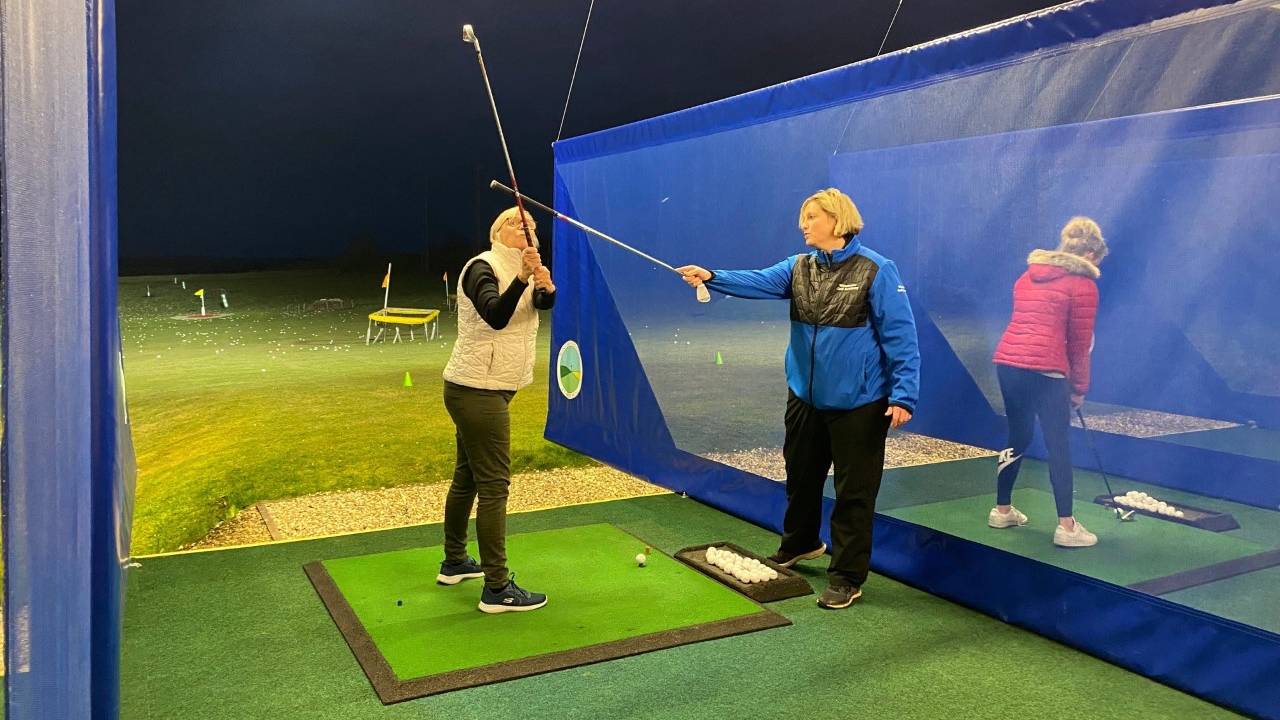
They Challenge You
It can’t all be gently, gently and if you find yourself with a coach who never challenges you to try new things you need to find a new coach! Improvement and grit is found when we up the anti and challenge ourselves.
The sign of a truly great coach though is that they will know when to challenge you and when to take things slightly easier and consolidate, like comedy, timing is everything.
Golf is a sport of being able to adapt and perform when under pressure, so you have to regularly be challenged to hone those skills. A coach worth their salt will know how to create an environment that will foster creativity and better prepare you for the tough situations you will inevitably find yourself in.
They Are Realistic
Nothing makes golfers more miserable than believing they are much better than they are and the bigger the gap between how they think they should play and the reality, the unhappier they are.
Being able to manage expectations is an art form when it comes to handling golfing egos. It takes immense tact and skill to gently tell players that, “No they will not be able to hit it pure and straight every time on two practice sessions a month.”
“Oh you struggle with bunkers? Well how often do you practice them…oh never” Well I’m no Miss Marple, but I think I can solve this mystery!
Being realistic with players is not about dashing hopes and dreams, it’s about setting small achievable goals to build motivation and confidence brick by brick.
Take my terrible at bunkers player as an example. First of all I dispelled the belief they weren’t good at bunkers, because no one is good at things they haven’t practiced. We then set the goal of improving bunker play and being more confident.
It is the next phase though, that is the most important part of reaching any goals set; it’s the system implemented to work towards the goal. To get better at bunkers I broke down the skill into a 45 minute training session they could practice:
The final step was to be realistic and specific about when they could get the practice time in and how they could ensure it happened. They chose their days and times and guess who got better at bunkers…
They Are Patient
Have I mentioned how hard golf is yet? I tend to do this at some point in every piece I write about coaching. Golf is ridiculously hard, and yet we all keep showing up obsessed as we are.
Coaches regularly see players mishit or miss the golf ball completely and get frustrated. But as we now know, in order to improve you have to be challenged and try new and difficult things which will involve a lot of misses. A good coach will understand that the misses are all part of the learning process. So, if you ever see any hint of an eye roll or huffs and puffs, do not give that coach your hard earned money.
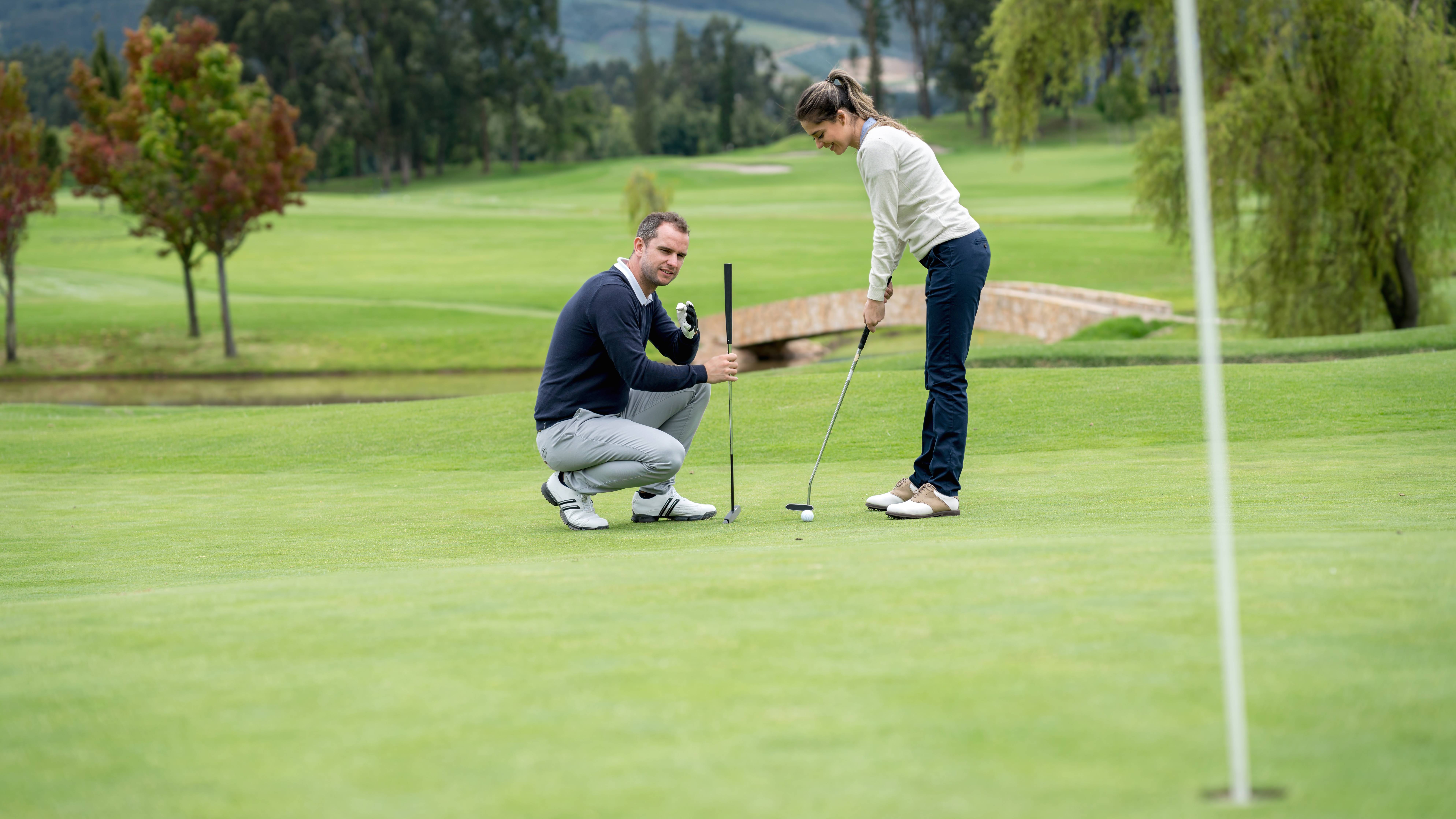
You Look Forward To Seeing Them
This is one of the most significant for me. It’s not about being friends with your coach, a professional relationship is important to ensure you always make the most of your time together. However, if you see that lesson in your diary and are filled with dread rather than excitement, cancel that lesson!
Yes, you should find it challenging and a good golfing workout, but it should be something to look forward to. Playing golf is where you choose to spend your precious leisure time and therefore should be fun! Life is far too short to spend with people who don’t lift you up. So be choosy and particular with who you work with to get better at the game you love.
Hopefully this list has given you some points to consider when thinking about your current coach, or if you are looking for a new one. My parting thought is, it’s definitely worth the time and effort of finding the right one for you. Golf can feel like a lonesome pursuit at times, but no one else will share the highs and lows of this crazy game like a trusted coach.
Emma has worked in the golf industry for more than 20 years. After a successful amateur career, she decided to pursue her true golfing passion of coaching and became a qualified PGA Professional in 2009. In 2015, alongside her husband Gary, who is also a PGA Professional, they set up and now run Winchester Golf Academy, a bespoke 24 bay practice facility offering not only all the latest technology but a highly regarded bistro. Emma is happy coaching all golfing abilities but particularly enjoys getting people into the game and developing programs to help women and juniors start and improve. Her 2022 Get into Golf program saw more than 60 women take up the game.
Emma is a member of TaylorMade’s Women’s Advisory Board, which works to shape the product offering and marketing strategy with the goal of making it the number one brand in golf for women. When not changing lives one swing tweak at a time Emma can be found enjoying life raising her three daughters and when time allows in the gym.
-
 The Last Time Rory McIlroy Won A Major (Prior To The 2025 Masters)....
The Last Time Rory McIlroy Won A Major (Prior To The 2025 Masters)....We wind the clock back to the year 2014, when Rory McIlroy was the heir-apparent to Tiger Woods
By Michael Weston Published
-
 I'm Thrilled For Rory McIlroy But Gutted For Class Act Justin Rose... I'd Love Him To Win Another Major
I'm Thrilled For Rory McIlroy But Gutted For Class Act Justin Rose... I'd Love Him To Win Another MajorJustin Rose pushed Rory McIlroy all the way in The Masters, and while I am super impressed by the Career Grand Slam, part of me is hurting for the Englishman...
By Barry Plummer Published
-
 From Body-Baring To Dialed In: Grace Charis Redefines Golf Fashion
From Body-Baring To Dialed In: Grace Charis Redefines Golf FashionInfluential golf content creator Grace Charis launches new apparel brand
By Alison Root Published
-
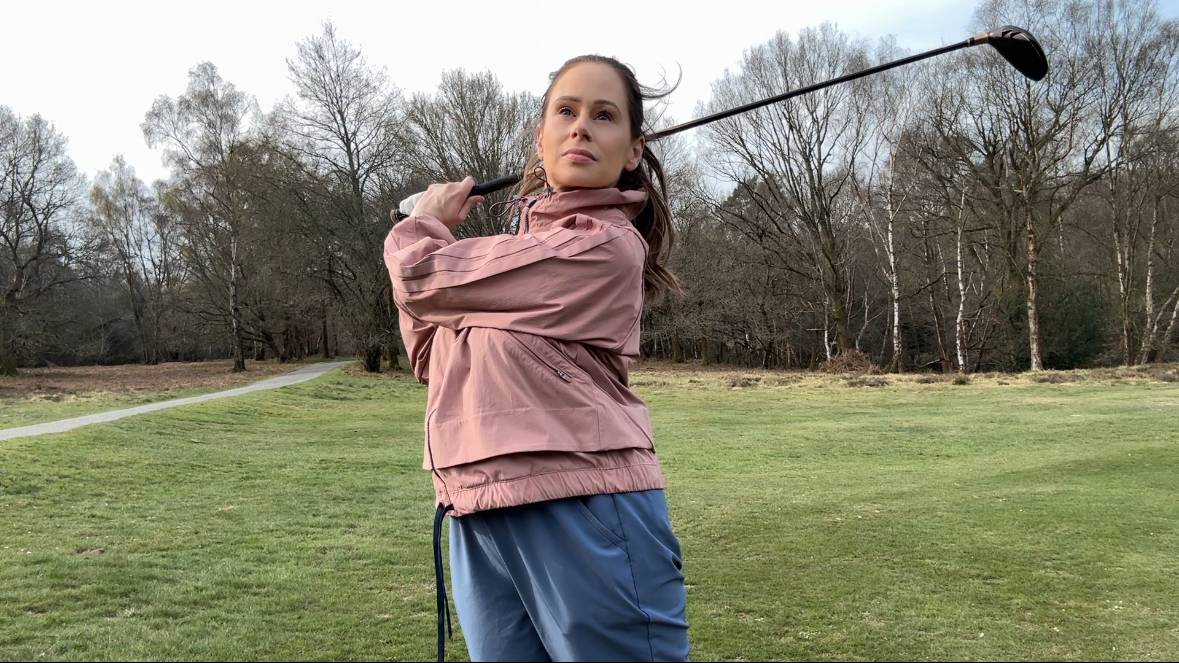 Golf Gave Me Confidence... Then Social Media's Toxic Culture Tried To Take It Away
Golf Gave Me Confidence... Then Social Media's Toxic Culture Tried To Take It AwayA young content creator's journey to own her golf game and her voice
By Katie Clarke Published
-
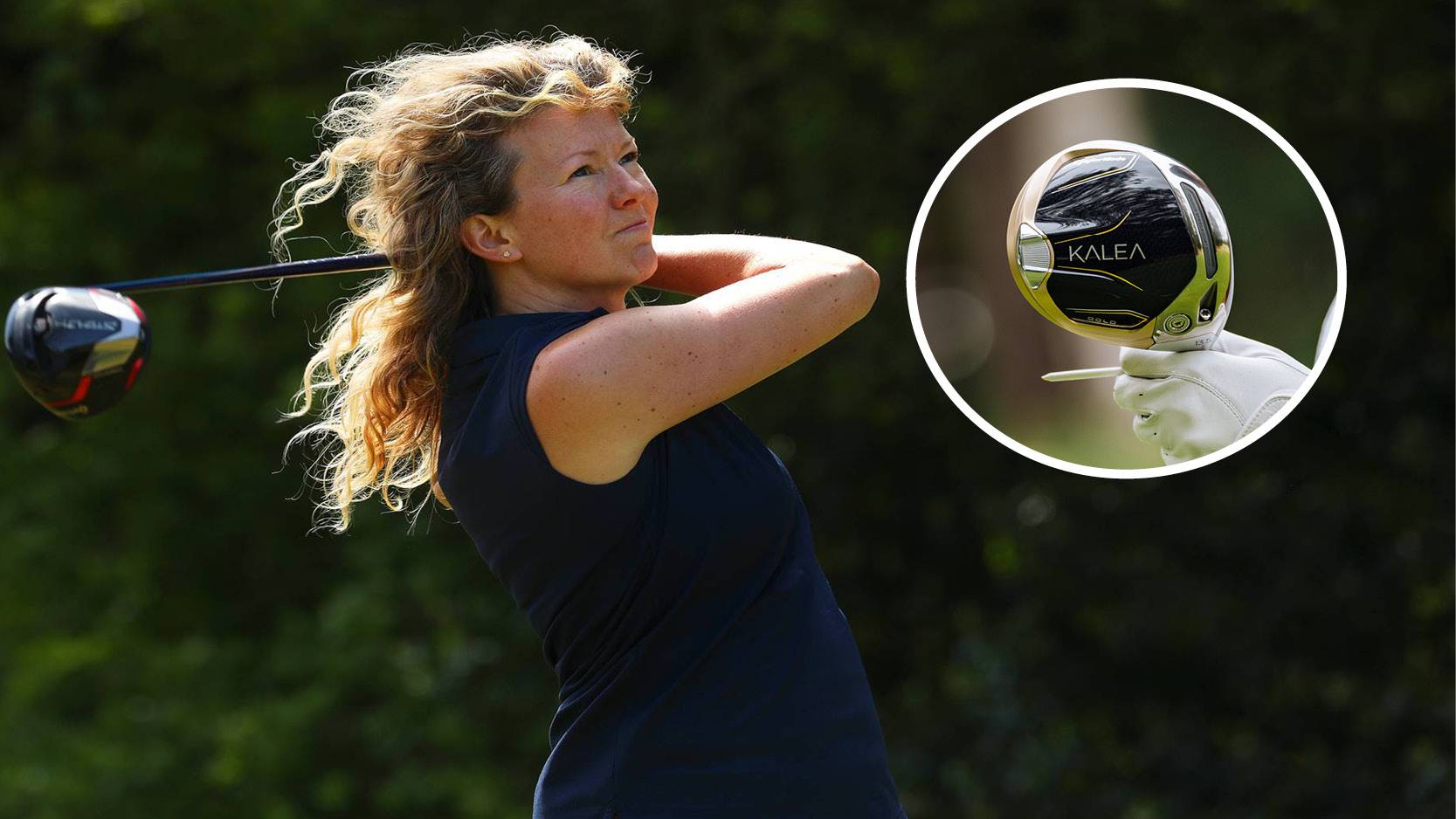 How Far Does The Average Female Club Golfer Hit Their Driver?
How Far Does The Average Female Club Golfer Hit Their Driver?We've looked at the data... Find out if you are hitting your driver an average distance
By Alison Root Published
-
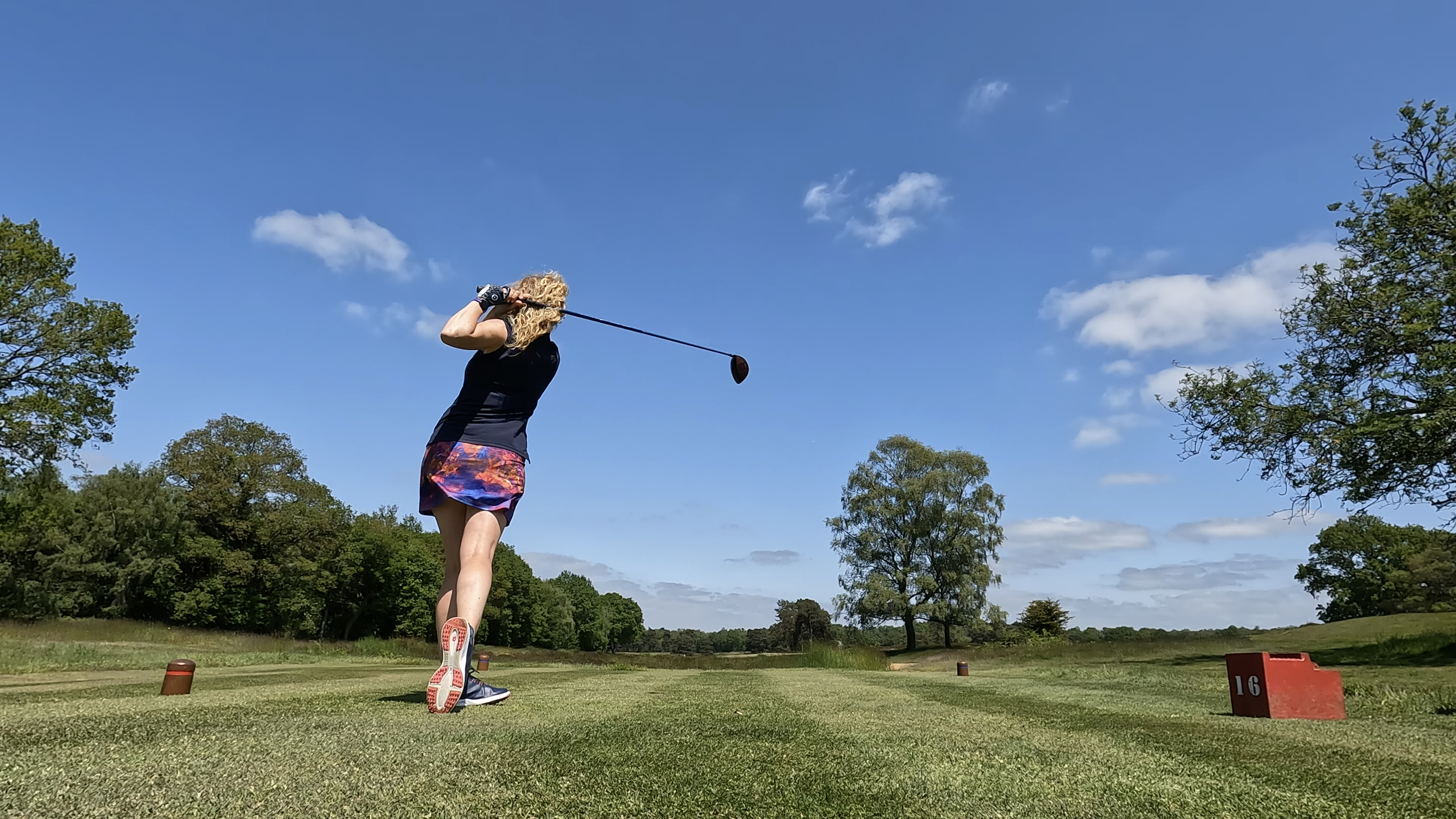 Tee Box Inequality: Why Aren't All Tees Rated For Women?
Tee Box Inequality: Why Aren't All Tees Rated For Women?Long-hitting female golfers are let down by tee ratings
By Katie Dawkins Published
-
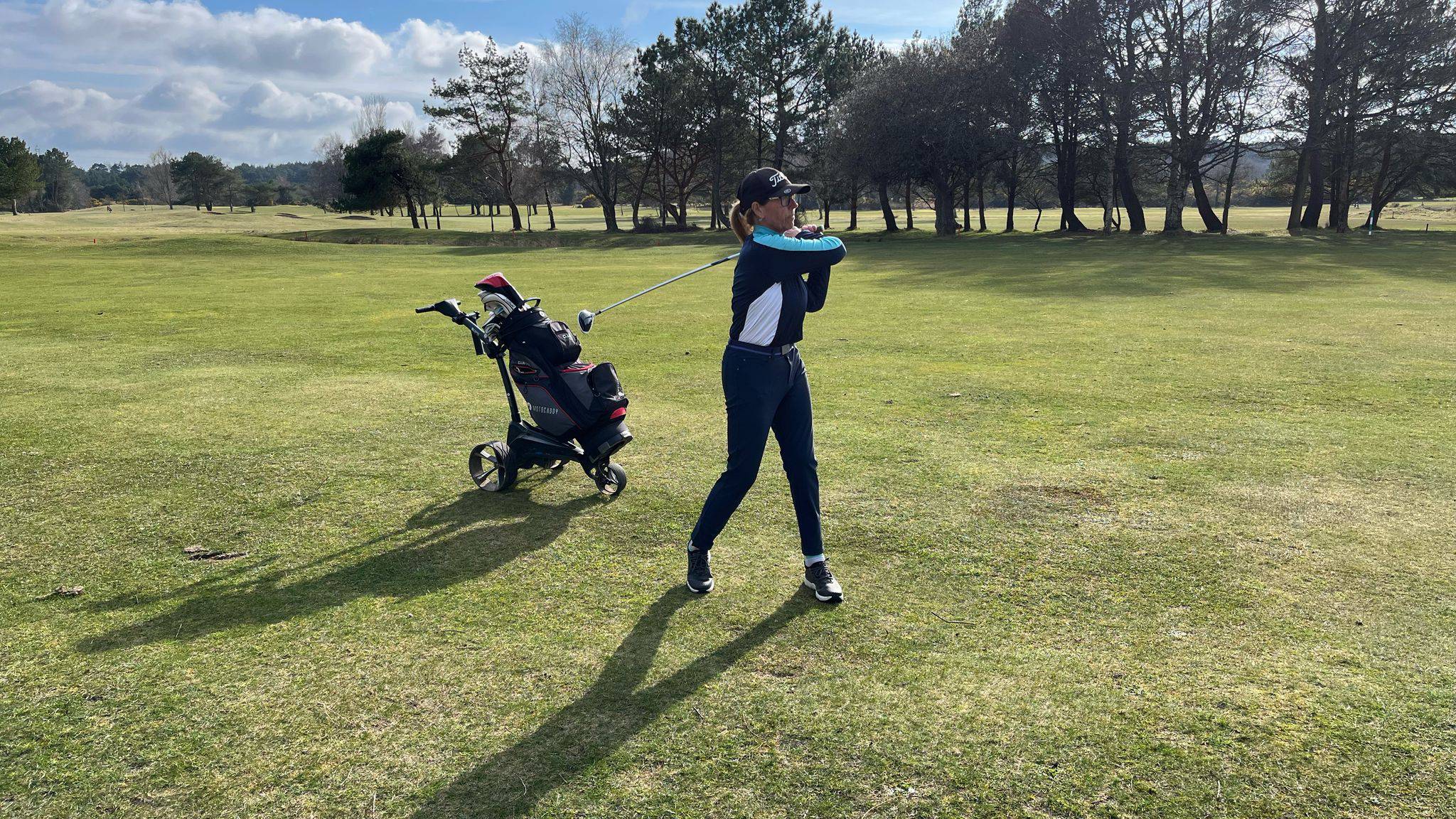 What I Learned From My First Golf Competition: The Unexpected Importance Of Preparation
What I Learned From My First Golf Competition: The Unexpected Importance Of PreparationPlaying in your first golf competition can be a daunting experience. Here are 5 tips to help you prepare for a stress-free round
By Carly Cummins Published
-
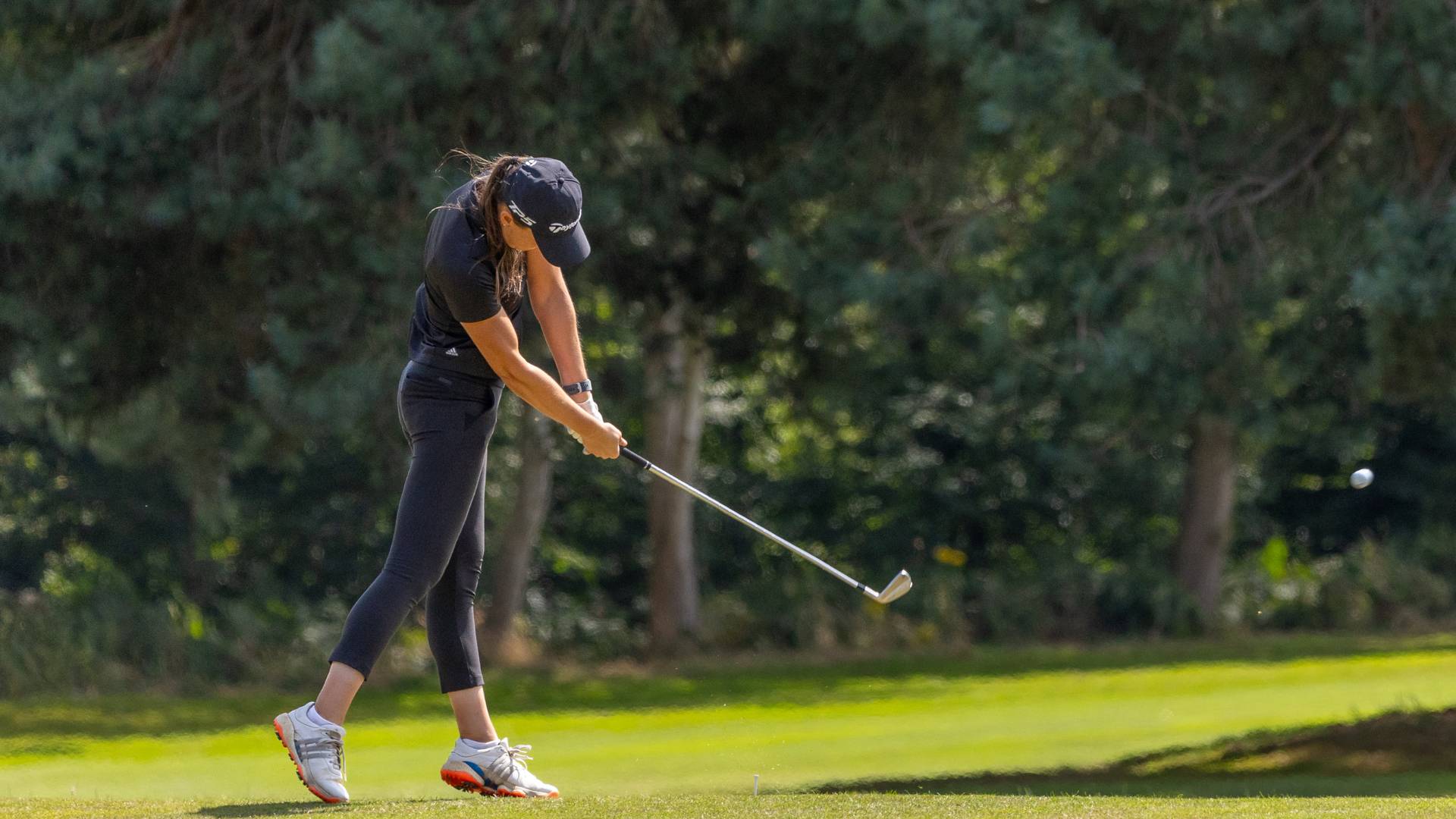 I've Always Struggled To Create That Solid, Compressed Strike... Until I Fixed These 5 Key Moves
I've Always Struggled To Create That Solid, Compressed Strike... Until I Fixed These 5 Key MovesSingle figure golfer Jess Ratcliffe on how she has fixed her swing puzzle to deliver crisp shots
By Jess Ratcliffe Published
-
 Fix These 7 Common Mistakes And You'll Be On The Path To Lower Scores
Fix These 7 Common Mistakes And You'll Be On The Path To Lower ScoresPGA Professional Emma Booth on how to fix the mistakes all high handicappers make
By Emma Booth Published
-
 ‘It’s About Perception, Not Rules. Women Are Allowed To Wear A Lot More Than Men At Most Golf Courses’ - Mia Baker On Golf's Dress Code
‘It’s About Perception, Not Rules. Women Are Allowed To Wear A Lot More Than Men At Most Golf Courses’ - Mia Baker On Golf's Dress CodeContent creator and presenter Mia Baker on why changing mindsets is key to building a more inclusive golf community
By Alison Root Published